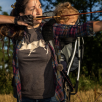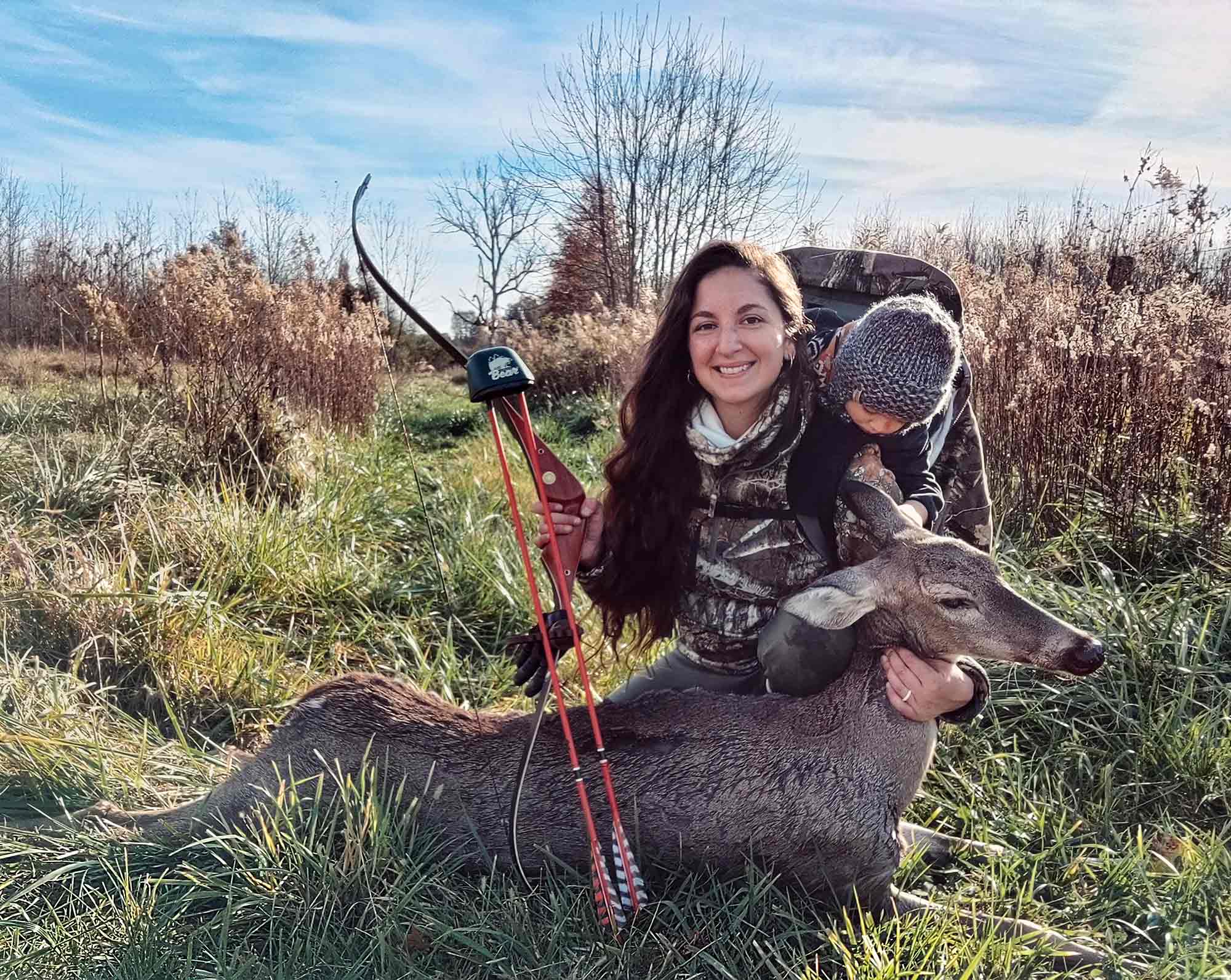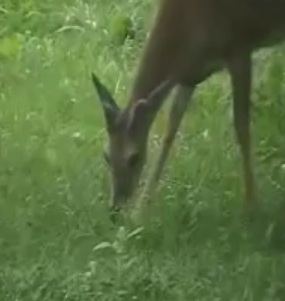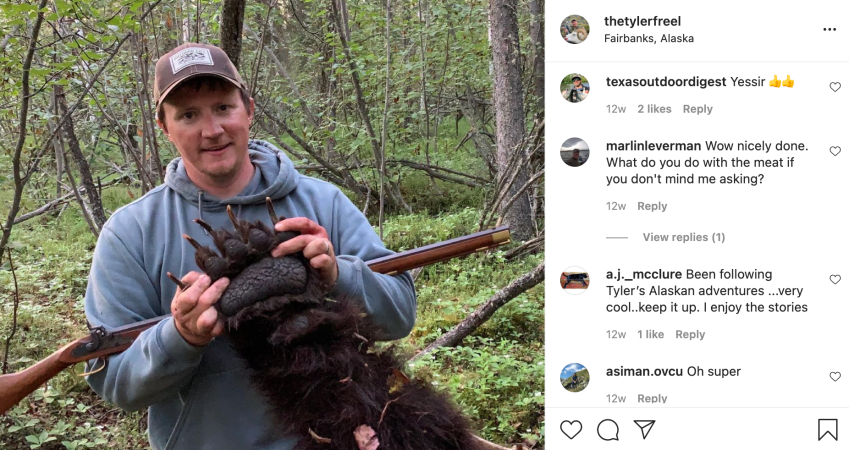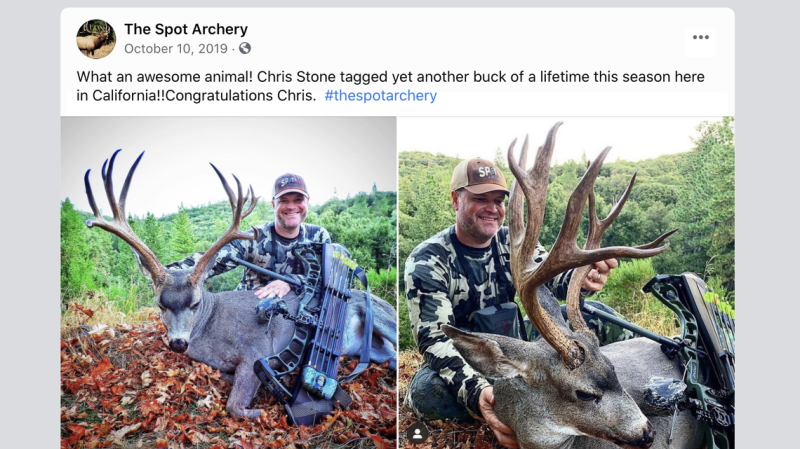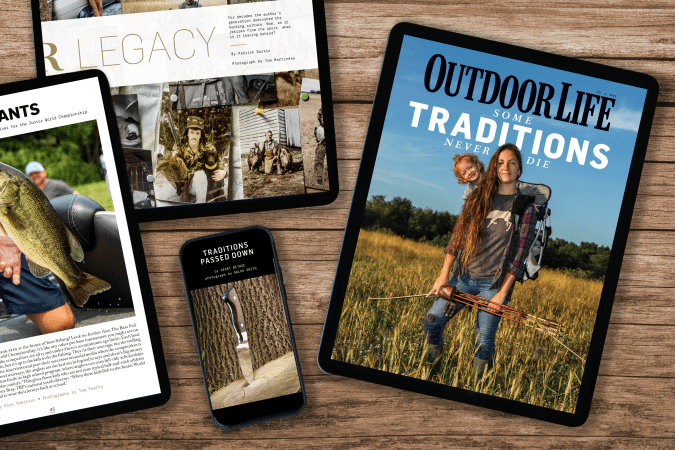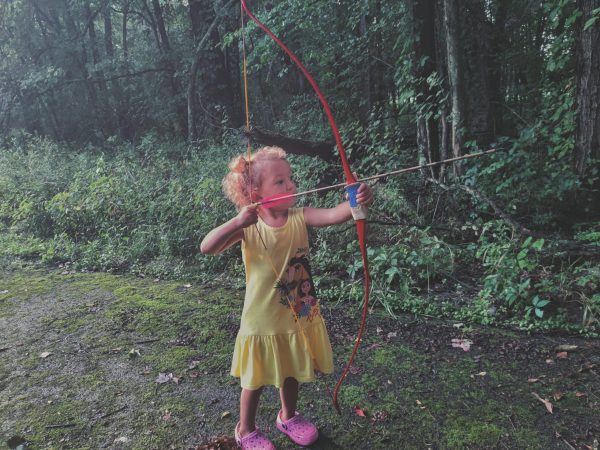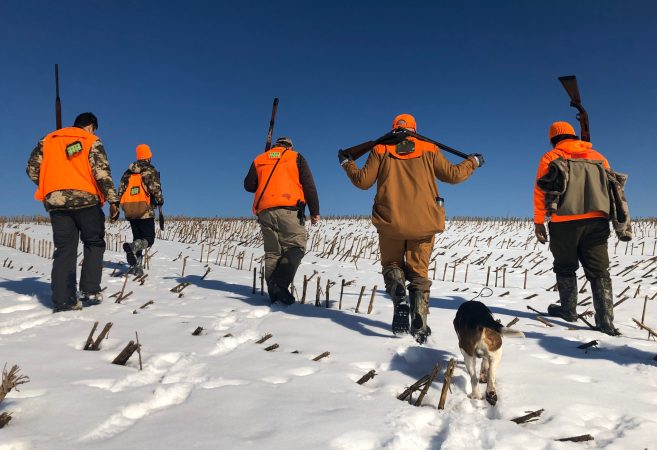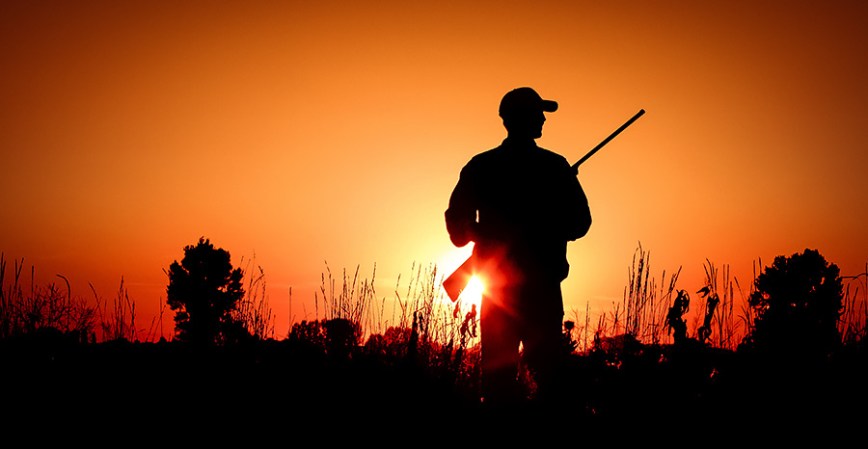We’ve all been there. You’re scrolling through your Facebook or Instagram feed, and you see a negative comment on a hunter’s post. Pretty soon you’re 56 comments deep into the debate, and now you’re invested. Generally, you find yourself taking one side over the other.
I was recently perusing the comment section of a fellow hunter’s social media post. In the video, the bowhunter’s arrow zips right through the guts of the animal as it runs off. It was a shot the hunter should never have taken, yet she took it anyway. Then the hunter began excitedly celebrating the bad shot she’d made, excusing her shot placement to jitters and the fact that the broadhead should do the job.
Now, I do understand that all hunters are bound to make a bad shot eventually. It happens to the most ethical hunters, and it’s a mistake that haunts us into the wee hours of the night, and beyond. But reveling in a bad shot and posting it on social media? That’s a whole other story, and a shameful one. Hunters need to do better when it comes to what we upload to social media and worry less about the five seconds of fame for posting a video to Instagram.
Read Next: How Social Media Helped Take Down British Columbia’s Grizzly Hunt
Maybe you think this take is narrow-minded and judgmental, but there’s no way around it: What hunters post on social media does indeed impact the future of hunting.
Hunters on social media can use these platforms for good, but it can backfire, too. With the click of a button, a single photo can reach hundreds of thousands of people. In a world that seems to thrive on cancel culture and playing victim, it only makes sense that we should shed a positive and respectful light on the hunting community and the game we kill. Not only is our content being viewed by anti-hunters, but it’s also being viewed by the next generation of hunters.
Which is troubling, because I have seen a lot of bad and disrespectful photos posted on social media in the past few years, and many of them from accounts sponsored by outdoor brands. It seems as if it is a rising trend, one that is solely about gaining likes and followers, and nothing to do with the hunting itself. Posing half naked—or completely naked—with dead animals, posing with severed turkey heads, dangling dead ducks from one’s mouth, handling weapons unsafely, aggravating wounded animals…the list of things so-called hunters do for the ‘gram is far too long.
In December 2019, a Snapchat video showed several teens assaulting an injured deer while hunting. The video immediately went viral and spurred an investigation that eventually resulted in criminal charges. Justice was served, but that punishment can’t repair damage to the public perception of hunting.
Just this month, there was an Instagram video that also got far too much attention. The clip was taken by a hunter who had killed and recovered a doe. The doe had been in heat, and a rutting buck was pawing and sniffing at her body. The video was originally posted with no information and, in my opinion, should never have been uploaded to the internet. It was reposted by several accounts with hundreds of thousands of followers. Captions ranged from amused interest to claims that hunters had murdered the buck’s mate, and now the buck was trying to wake her up. Although there were many responsible hunters trying to help educate people in the comments, most of the commenters were animal rights activists expressing their anger. Ethical hunters are respectful of the animals they shoot, and this video was not a good representation of a hunter respecting their kill.
Listen, I’m not the censorship police trying to nitpick what’s okay to post online and what isn’t. Find me on Instagram, and you’ll see photos of me shooting fish in a swimsuit because, hell, it was hot out and it’s fun to post our best memories from the field. I’ve also dealt with more than my share of hate online from anti-hunters.
I believe that people should be held accountable for what they post online. If no one is ever confronted for what they are doing, nothing will ever change. I don’t want my daughter, or anyone’s children, to grow up thinking this kind of behavior is acceptable, yet it’s becoming far too common to see these types of posts. As hunters, we need to be responsible about what we put out into the world via social media. We also need to be open and informative about what hunting is actually about, because non-hunters follow you on Instagram, and they friend you on Facebook. That doesn’t mean you shouldn’t post on social media. It just means you should take time to think about what you post, who might see it, and how to share your hunting adventures in a respectful way (and yes, you can still smile). Those individuals who follow you might not hunt, but they aren’t necessarily anti-hunters, either. Let’s keep it that way.
Beka Garris is a traditional bowhunter who lives in Ohio. You can follow her on Instagram at @BekaGarris.
